#FOAMed of the Week: The Semantics of End of Life Discussions via EMcrit.org
/Great Post and Podcast from Scott Weingart featuring Ashley Shreves on the practical steps to introduce these discussions in an ED setting.
“End of Life Conversations are Hard
We stumble, we stutter, we say things that derail the discussion when we have a patient at the end of life. But how do we learn to do better? We model good behavior. But in order to do that we need to hear good discussions. I listened to Ashley Shreve’s amazing SMACC Chicago talk: What is a Good Death?
After listening, I wanted to bring Ashley back on to really get into the nitty-gritty of the semantics of End of Life discussions. Ashley has been on the EMCrit podcast before discussing Critical Care Palliation. Now lets hear from here again…
Tidbits I pulled out of the Podcast
The three patients that will spur Ashley to try to have these discussions:
1. Advanced Cancer or Terminal Disease with Instability
2. Advanced Frailty/Dementia with Instability
3. Advanced Physiological Age (>85 y/o) with Instability
Start with, “I’m so worried about your family member,” and see the response
Then, “Tell me how things have been going with your family member”
Technique: Ask, Tell, Ask, Tell
Know the trajectories of care for the diseases we deal with
Does that mean you will do nothing? No, we actually want to intensify the treatment, with a focus on peace and dignity
We don’t want to artificially prolong the dying process
Vitalists comprise 5-10% of the population, you are unlikely to convince these folks in the ED
What if things don’t get better?”
— http://emcrit.org/podcasts/semantics-end-of-life-discussions/

























